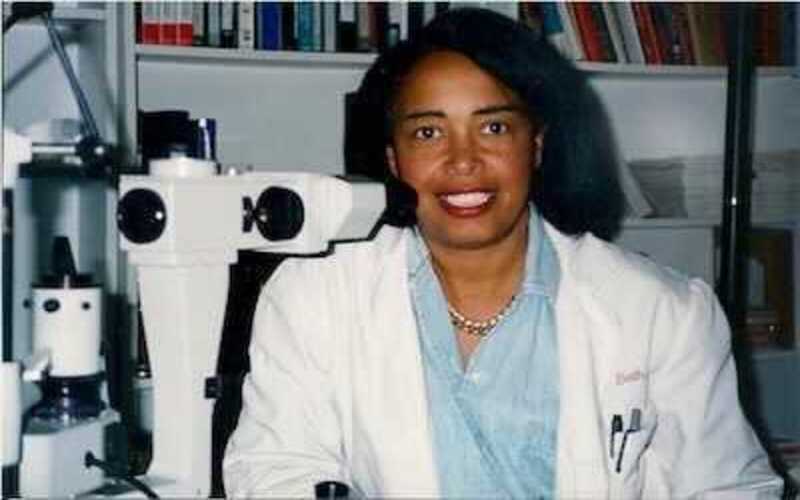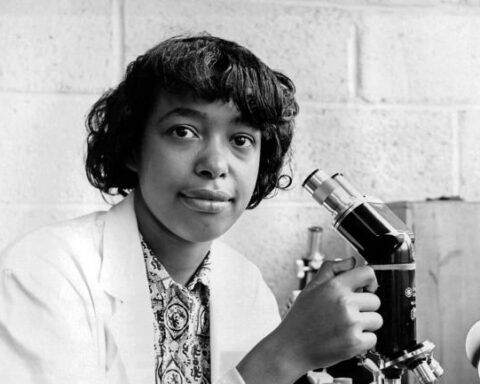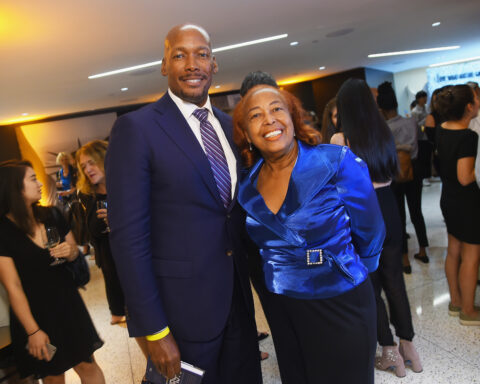By Rashad Grove
After almost 50 years of existence, the National Inventors Hall of Fame will be inducting Black women for the first time, NPR reports.
Marian Croak, an engineer, and the late ophthalmologist and laser scientist Patricia Bath will make history as part of the inductees of 2021. In total, there are 30 Black inductees in the National Inventors Hall of Fame (NIHF).
“Innovation drives the worldwide economy forward and improves our quality of life. This is especially apparent given what we have experienced over the past 18 months,” Michael Oister, the NIHF’s CEO, said in a statement. “It’s why at the National Inventors Hall of Fame we are privileged to honor our country’s most significant inventors, who are giving the next generation the inspiration to innovate, create, and solve current and future problems.”
Croak, a vice president at Google, leading their Research Center for Responsible AI and Human-Centered Technology, has more than 200 patents to her name. She developed Voice over Internet Protocol, an invention that has made working from home or remotely possible as a new way of life for many.
Before working for Google, Croak and her team created a text-to-donate system for charitable donations, raising $130,000 in the aftermath of Hurricane Katrina, and $43 million after Haiti’s 2010 earthquake. She has also led a team bringing broadband technology to developing countries in Africa and Asia.
Earlier this month, Croak told Google her induction was “humbling” and that she was proud to be one of the first two Black women inductees.
“I find that it inspires people when they see someone who looks like themselves on some dimension, and I’m proud to offer that type of representation,” she said
Bath created the Laserphaco Probe, an instrument that’s used during surgery to remove cataracts more easily. Additionally, she received five patents throughout her career.
“Bath’s method employed a faster technique and established the foundation for eye surgeons to use lasers to restore or improve vision for millions of patients suffering from cataracts worldwide,” a news release read.
Erika Jefferson, the founder of the organization Black Women in Science and Engineering (BWISE), said that the induction was “bittersweet”, CNN reported. Also, she noted that Bath had been nominated for the Hall of Fame 11 times before her death in 2019. According to Bath’s daughter, Dr. Eraka Bath, she may have been nominated even many more times than that.
“I’d say the obfuscation of her achievement is part of a larger narrative,” said Eraka Bath, an associate professor in child and adolescent psychiatry at the UCLA Neuropsychiatric Institute.
“There are thousands of Patricia Baths and Marian Croaks that have blazed trails but have not been ‘discovered’ yet,” Jefferson added. “It’s not enough to see these two phenomenal women get this award. There have to be advocacy systems in place to ensure they get the recognition and support that they deserve.”
Cloak hopes that other Black women inventors will emerge and receive the proper recognition they deserve because representation matters.
“I find that it inspires people when they see someone who looks like themselves on some dimension, and I’m proud to offer that type of representation,” she said. “People also see that I’m just a normal person like themselves, and I think that also inspires them to accomplish their goals. I want people to understand that it may be difficult but that they can overcome obstacles and that it will be so worth it.”



